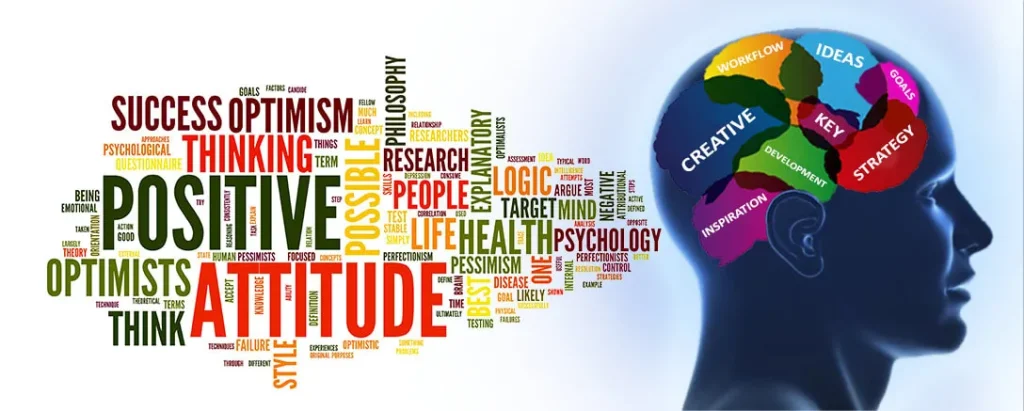
Neuro-linguistic programming (NLP) is a psychological approach that involves analysing strategies used by successful individuals and applying them to reach a personal goal. It relates thoughts, language, and patterns of behaviour earned through experience to specific outcomes.
Modelling, action, and effective communication are key elements of neuro-linguistic programming. The belief is that if an individual can understand how another person accomplishes a task, the process may be copied and communicated to others so they too can accomplish the task. Therefore, if a person wants to understand an action, they must perform that same action to learn from the experience. Every person has their own ‘map’.
There are natural hierarchies of learning, communication, and change. The six logical levels of change are:
• Purpose and Spirituality this can be involvement in something larger than oneself, such as religion, ethics, or another system. This is the highest level of change.
• Identity: Identity is the person you perceive yourself to be and includes your responsibilities and the roles you play in life.
• Beliefs and values: These are your personal belief system and the issues that matter to you.
• Capabilities and skills: These are your abilities and what you can do.
• Behaviours: Behaviours are the specific actions you perform.
• Environment: Your environment is your context or setting, including any other people around you. This is the lowest level of change.
An individuals map is not the territory, because it highlights the differences between belief and reality. It points out that each person operates within their own perspective rather than from a place of objectivity. A therapist of NLP will understand how a person in treatment perceives their “map” and the effect this perception may have on that person’s thoughts and behaviour. The therapist will attempt to match that individual’s PRS to use their personal map.
NLP therapists work with people to understand their thinking and behavioural patterns emotional state and aspirations. By examining a person’s map, the therapist can help them find and strengthen the skills that serve them best and assist them in developing new strategies to replace unproductive ones. This process can help individuals in therapy reach treatment goals. NLP can produce fast and lasting results and improve understand of cognitive and behavioural patterns. NLP helps to build an increase creativity and problem solving skills.
